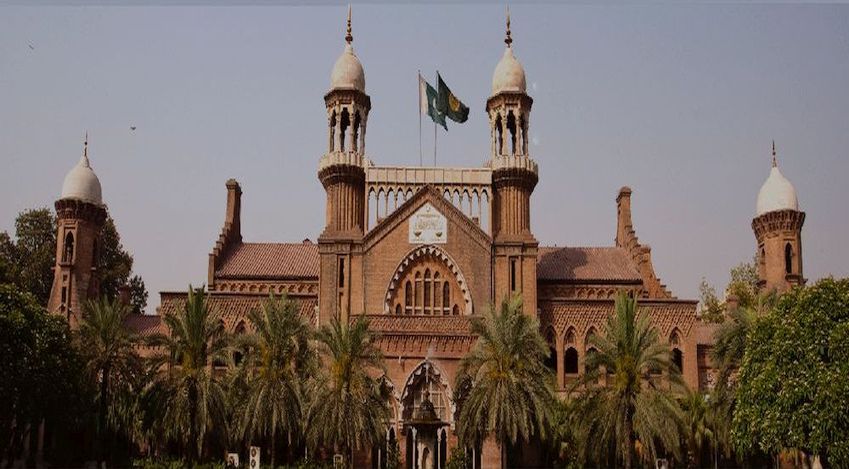The Legal Remedies must be pursued diligently within the Statutory Timeframe --- Lahore High Court Dismisses Writ Petition on Grounds of Limitation
Islamabad 03-03-2025: In a significant ruling, the Lahore High Court (LHC) dismissed a constitutional petition filed under Article 199 of the Constitution of Pakistan, 1973, challenging an ex-parte order issued twelve years ago. The Petitioner retired government official, sought to overturn the decision of the Additional District Judge, Narowal, which had dismissed his application for setting aside ex-parte proceedings due to limitation and lack of due diligence.
The legal dispute originated in 2012 when Respondent No.1 filed a Civil Suit for declaration and cancellation of documents before the Civil Court, Narowal. The Petitioner, impleaded as Defendant No. 5 in his official capacity as Tehsildar, failed to appear in Court despite multiple notices, leading to ex-parte proceedings on 09.07.2012.
After a 12-year delay, the petitioner moved the trial Court in 2024 seeking to set aside the ex-parte proceedings, citing lack of proper service of summons. The trial Court allowed the application on 26.04.2024, but this order was overturned by the Additional District Judge, Narowal, on 13.11.2024, holding that the petition was time-barred under the Limitation Act, 1908.
Aggrieved, the petitioner filed a Constitutional Petition before the Lahore High Court, seeking intervention against the Revisional Court’s order.
Mr. Justice Malik Javid Iqbal Wains, in his judgment, upheld the revisional Court’s decision and reaffirmed the strict application of limitation laws, stating that:
- “Ex-parte proceedings can only be set aside within the prescribed limitation period, except in cases where lack of proper service is conclusively established.”
The Court ruled that the Petitioner’s claim of lack of proper service was unsubstantiated and that no cogent evidence was provided to justify condonation of delay under the Limitation Act, 1908.
The judgment relied on established case law and legal principles, including:
- Regional Police Officer, Dera Ghazi Khan Vs. Riaz Hussain Bhakhari (2024 SCMR 1021)
- Reaffirmed the principle “Vigilantibus Non Dormientibus Jura Subveniunt” (law aids the vigilant, not the indolent).
- Held that delay in seeking legal remedies cannot be excused without exceptional circumstances.
- Naik Muhammad Vs. Mazhar Ali (2007 SCMR 112)
- Established that the Lahore High Court writ jurisdiction is limited to cases involving jurisdictional defects or procedural irregularities.
- Reiterated that Writ Petitions cannot be used as a substitute for appeals or revisions.
Furthermore, the Court noted that government officials are generally immune from personal liability under Section 22A of the Punjab Civil Servants Act, 1974, unless their actions involve mala fide intent, corruption, or ultra vires acts. The Court found no such allegations against the petitioner and held that his retirement from service did not justify a delayed challenge to the proceedings.
The Lahore High Court dismissed the petition in limine, concluding that:
- “The Lahore High Court in exercise of its constitutional jurisdiction is not supposed to interfere in findings on controversial questions of fact.”
This ruling reinforces the importance of adhering to limitation laws and discourages indolence in legal proceedings. The judgment serves as a reminder for litigants that:
- Ex-parte proceedings must be challenged within the prescribed timeframe.
- Retired government officials are not personally liable for official actions unless there is misconduct or malice.
The Lahore High Court will not interfere in factual matters unless a jurisdictional defect or miscarriage of justice is evident.
Powered by Froala Editor








